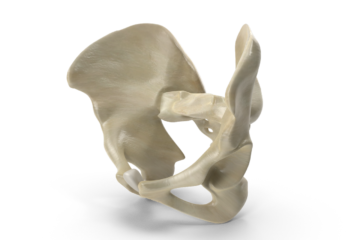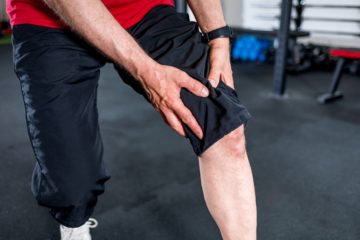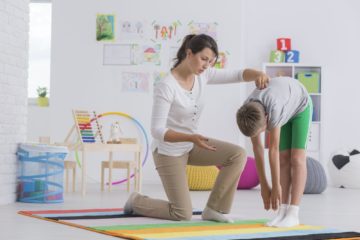Did you know 1 in 3 Canadian adult age 35-64 does not get enough sleep per night.
Sleep deprivation is linked with increased pain. When we are not well rested, our bodies can become more sensitive to pain, reducing tolerance levels and making pain feel worse.
Not everyone who experiences pain will find it affects their rest, but if sleep deprivation is contributing to your symptoms, it can be helpful to work on healthy sleep hygiene.
These nine tips for better sleep will help you attain better sleep hygiene.
1. Turn off the Electronics
Did you know that the blue light emitted from your electronic screens could be keeping you awake? During the day, the blue light is beneficial because it boosts your reaction time, attention, and mood.
However, at night, this light can be throwing off your circadian rhythm and tricking your body into thinking it’s daytime. This triggers your body to suppress the secretion of melatonin, which is the hormone that helps you get to sleep.
Try powering down your electronics two to three hours before bedtime or wearing blue light blocking glasses. This will help your body transition into a nighttime mode.
2. Create a Consistent Sleep Schedule
Another key component of your circadian rhythm is when you wake and fall asleep. Your body will naturally align with the sunrise and sunset. If this doesn’t work for you, try to create a consistent schedule.
This helps align your circadian rhythm to fit your lifestyle. After a couple of weeks of consistency, you may not even need an alarm anymore. Many people find a sound machine helpful to re-establish a sleeping pattern.
3. Use a Pillow for Back Pain
One of the best sleep aids for people that suffer from back pain is a leg pillow. Even a mild ache or pain can be disruptive to your REM stages of sleep. Placing a pillow between your legs can better align your hips and relieve this pain.
4. Warm Your Feet
Most people find the ideal temperature for sleeping to be around 20°C (70°F). However, gentle warming of your feet can actually help you to relax and fall asleep faster.
Start testing different bedroom temperatures. You may find that a cooler room setting with a heating pad at your feet is the ideal combination.
5. Relax Your Neck Into a Neutral Position
Do you have the right pillow for your preferred sleeping position and body composition? Your pillow shouldn’t be too thick or too thin so that it can support the natural curve of your neck when laying on your back.
If you like to sleep on your side, then your nose should line up with the center of your body. Try not to sleep on your stomach; this will twist your neck.
6. Clear Your Mind
One of the most commonly used practices to sleep better is to create a bedtime routine that helps you clear your mind. This helps to slow your brain, calm it down, and help it transition to sleep mode.
You could try reading, taking a hot bath, meditating, listening to music, deep breathing, or visualization. Try starting your relaxation routine about half an hour to an hour before your intended bedtime.
7. Exercise Regularly
Getting regular physical exercise can help you to fall asleep faster, manage your anxiety better, and sleep for longer. The trick is to work out at the right time. Many people experience a post-workout burst of energy, which can be counter-productive to falling asleep.
Try to get your exercise in at least three to four hours before you plan to fall asleep.
8. Skip Caffeine Late in the Day
While caffeine is great for boosting energy and your ability to focus, it can also hinder your ability to sleep. Consuming caffeine up to six hours before bed can still disrupt your sleeping patterns. This means you should avoid caffeinated drinks after three or four in the afternoon.
This includes coffee, soda, and even some teas.
9. Optimise Your Space for Sleep
For some people, the environment is key to being able to fall asleep. Take a look around your room and make adjustments to turn it into a peaceful and relaxing space.
Perhaps you need to buy light-blocking curtains to cut out external lights that are illuminating your bedroom. Look around your room for sources of light that you can remove or hide, such as light emitted from alarm clocks.
Maybe you need a white noise machine or soothing sounds to block out the external noises coming from the street. Another option is to look for ways to organize your room better. A less chaotic space can inspire a less chaotic mind.
Finally, invest in a high-quality mattress, pillows, and bedding. This will improve your support and comfort level while sleeping and help you reduce stiffness.


